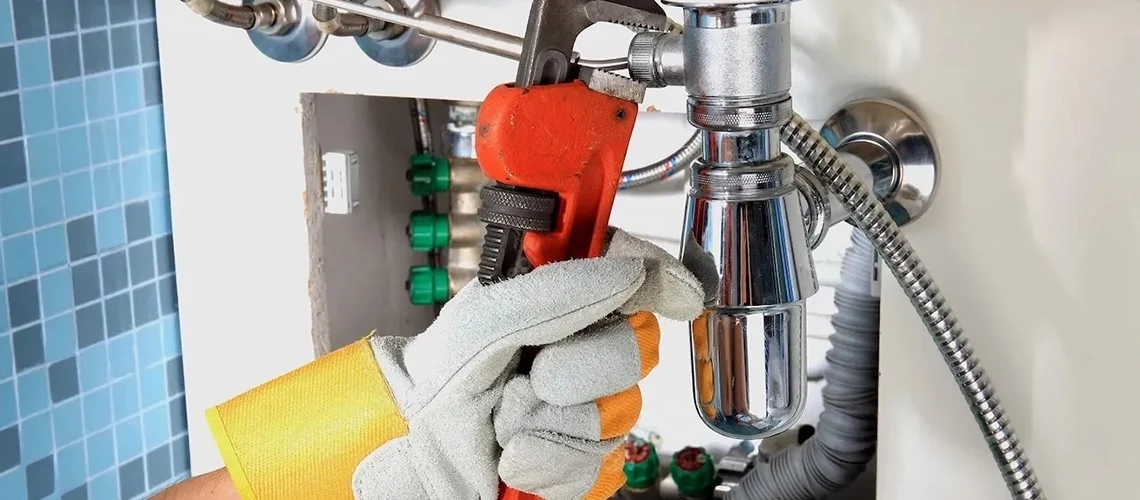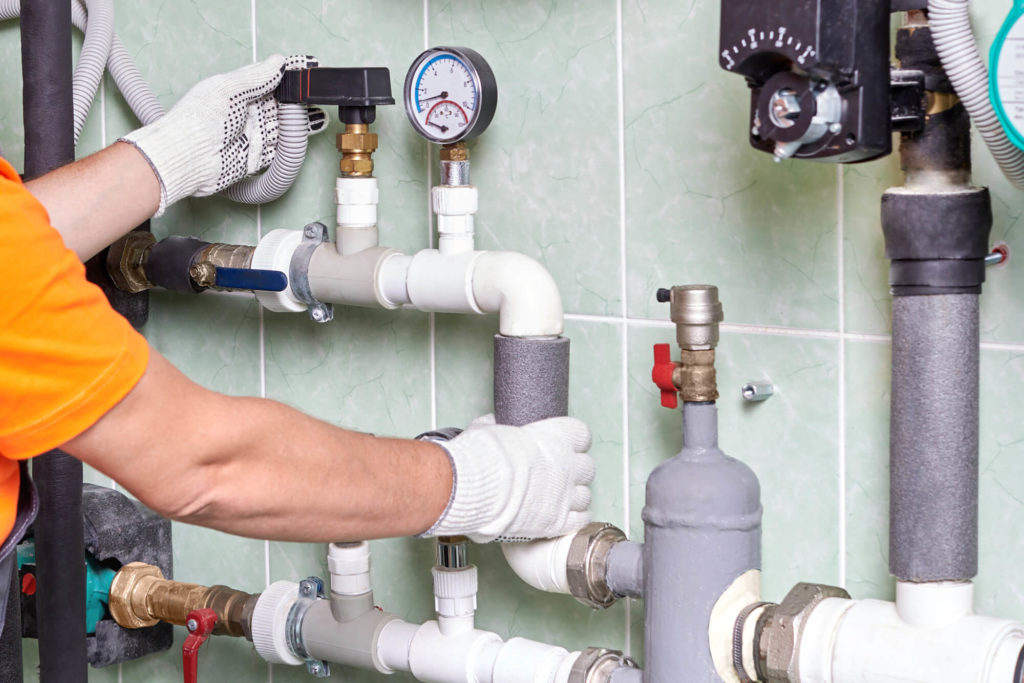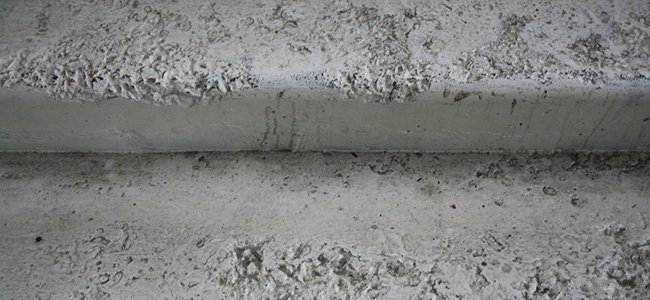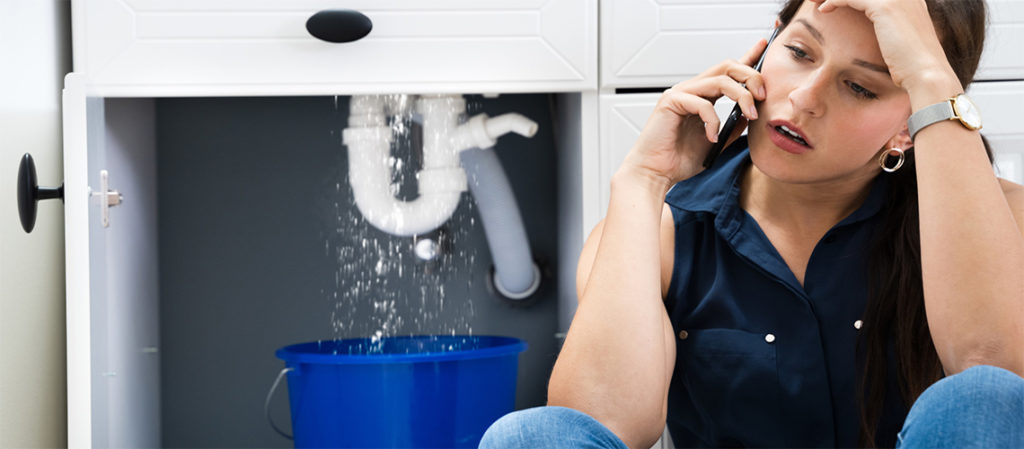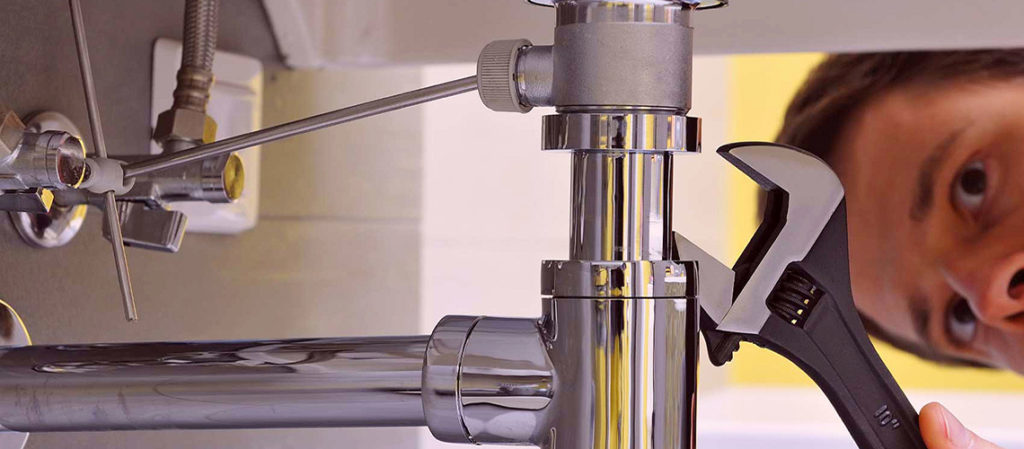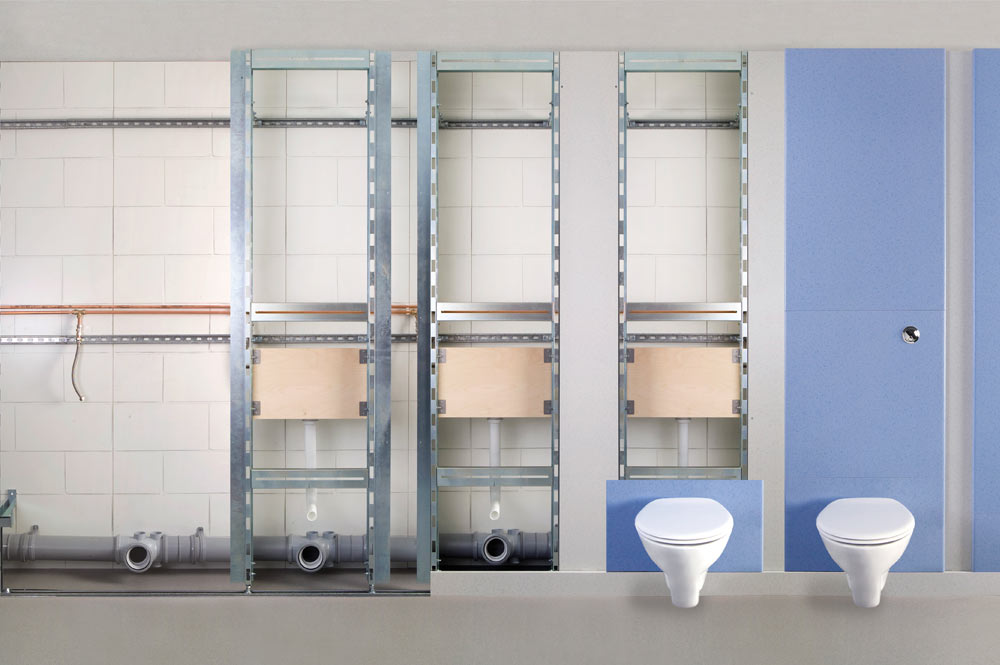When it comes to maintaining your home, one area that often gets overlooked is the plumbing system. Many homeowners tend to neglect routine plumbing maintenance until a major problem arises, such as a burst pipe or a flooded basement. However, taking proactive steps to care for your plumbing can help prevent these expensive repairs and save you from unnecessary stress and inconvenience.
Contents
The Importance of Routine Plumbing Maintenance
Routine plumbing maintenance is essential for keeping your plumbing system in good working order. Just like any other part of your home, your plumbing system requires regular attention and care to ensure its longevity and functionality. Here are some key reasons why routine plumbing maintenance is important:
- Early Detection of Issues: Regular inspections and maintenance allow plumbers to identify and address potential issues before they turn into major problems. By catching leaks, cracks, or other plumbing issues early on, you can prevent them from escalating into costly repairs.
- Improved Efficiency: Over time, mineral deposits, sediment, and other debris can accumulate in your pipes and fixtures, leading to reduced water flow and pressure. Routine maintenance, such as flushing out the system or cleaning fixtures, can help restore proper water flow and improve the overall efficiency of your plumbing system.
- Extended Lifespan: Regular maintenance can significantly extend the lifespan of your plumbing system. By addressing minor issues and performing preventive measures, you can avoid premature wear and tear, corrosion, and other factors that can lead to the need for costly replacements.
- Cost Savings: Investing in routine plumbing maintenance can save you money in the long run. By preventing major plumbing emergencies and catching issues early, you can avoid the expenses associated with extensive repairs, water damage restoration, and increased water bills due to leaks or inefficiencies.
- Peace of Mind: Knowing that your plumbing system is well-maintained can provide peace of mind. You can rest easy knowing that you’ve taken the necessary steps to prevent plumbing emergencies and that your home’s infrastructure is in good condition.
Get Peace of Mind with Routine Plumbing Maintenance
Routine plumbing care isn’t just about preventing disasters—it’s about protecting your investment and keeping your home comfortable. Whether you’re overdue for a check-up or want expert help identifying plumbing items that need routine maintenance, POM Plumbing is here to help.
📞 Contact us today to schedule your inspection and ensure your plumbing system is ready for every season.
Common Plumbing Issues
While routine plumbing maintenance can help prevent a wide range of problems, it’s essential to be aware of common plumbing issues that may require attention. Here are some of the most frequently encountered plumbing problems:
Leaking Faucet
A leaking faucet may seem like a minor annoyance, but it can waste a significant amount of water over time. Additionally, the constant dripping can lead to increased water bills and even damage to your fixtures. Routine maintenance can help identify the cause of the leak and fix it promptly, saving water and preventing further damage.
Running Toilets
A running toilet is not only annoying but can also waste a substantial amount of water. The continuous flow of water from the tank into the bowl indicates a problem that needs attention. Routine maintenance can help identify and resolve the issue, whether it’s a faulty flapper valve, a worn-out fill valve, or another underlying cause.
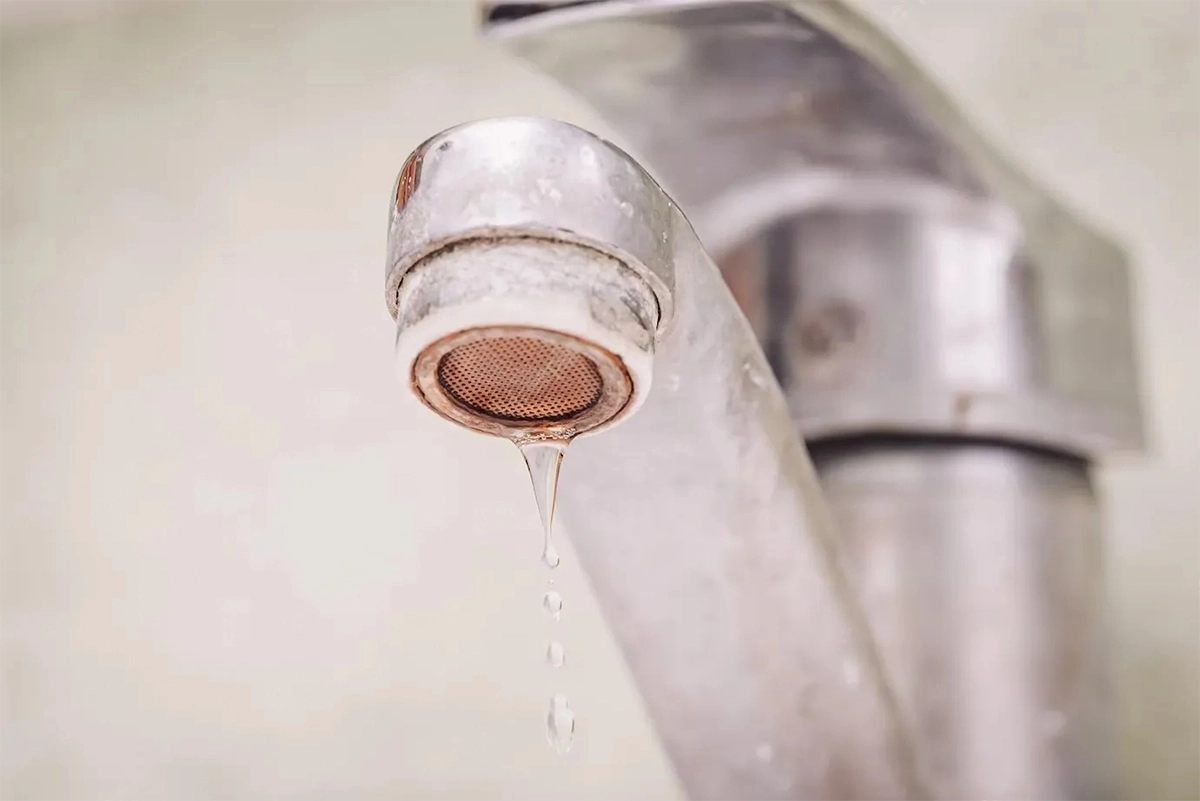
Clogged or Slow Draining Sinks
Clogged or slow draining sinks can disrupt your daily routine and make simple tasks like washing dishes or brushing your teeth frustrating. These issues are often caused by a buildup of hair, soap residue, or food particles in the pipes. Routine maintenance can involve drain cleaning or using preventive measures to keep your sinks flowing smoothly.
Leaky Pipes
Leaky pipes can cause significant water damage to your home if left unaddressed. They can lead to mold growth, structural damage, and even compromise the integrity of your plumbing system. Routine plumbing maintenance can help detect and repair leaks promptly, preventing costly repairs and water damage restoration.
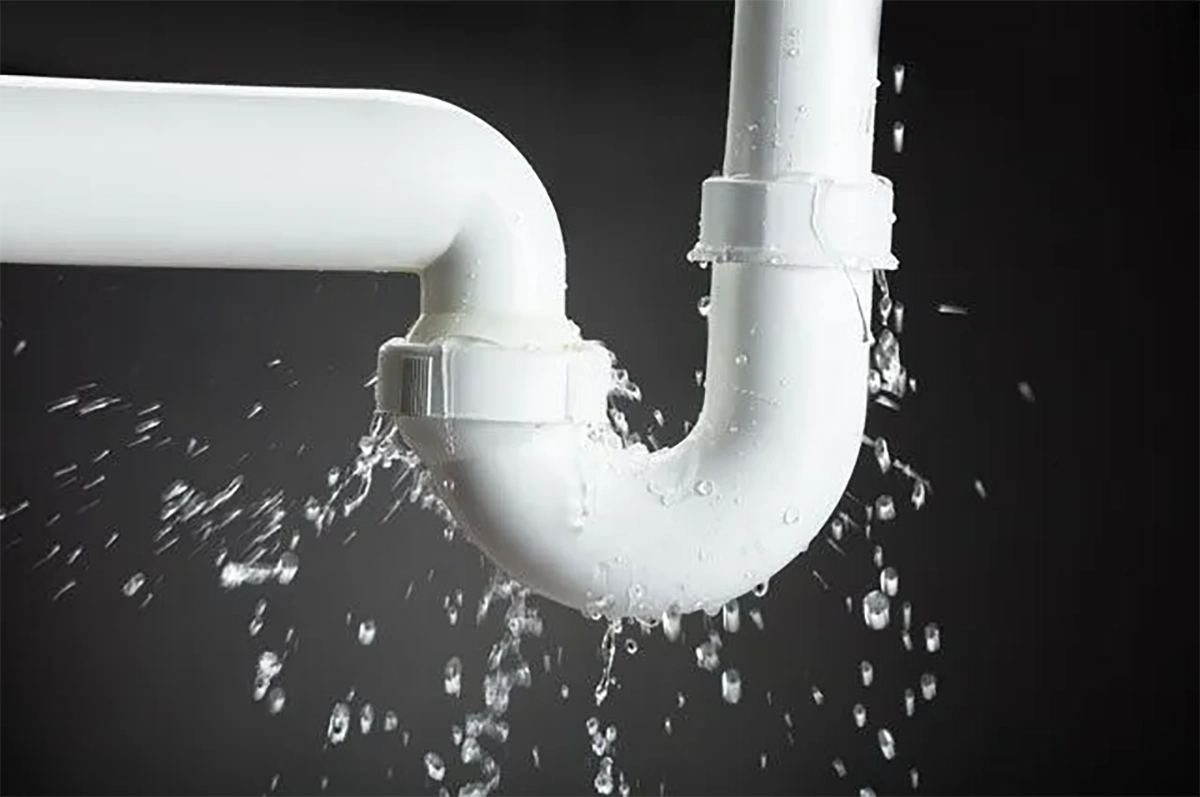
Low Water Pressure
If you’ve noticed a decrease in water pressure throughout your home, it could be a sign of an underlying plumbing issue. Mineral deposits, pipe corrosion, or obstructions in the water line can contribute to low water pressure. Professional plumbing maintenance can help identify the cause and restore adequate water pressure.
Don’t Wait for a Plumbing Emergency
Protect your home with expert routine plumbing maintenance services from POM Plumbing.
From hidden leaks to aging pipes, we catch problems before they become expensive repairs.
🔧 Book your maintenance check-up today — peace of mind is just a call away!
Inconsistent Hot Water
If you frequently experience fluctuations in water temperature or have trouble getting consistent hot water, your water heater may require attention. Sediment buildup, a faulty thermostat, or a malfunctioning heating element can all affect the performance of your water heater. Routine maintenance can help ensure your water heater operates efficiently and reliably.
Routine Plumbing Maintenance Tips
Here are key tips that align with our routine plumbing maintenance frequency recommendations:
| Tip | Description |
| Check for Leaks | Inspect pipes and fixtures monthly for moisture or signs of corrosion. |
| Clean Drains Naturally | Use baking soda and vinegar to maintain flow—avoid harsh chemicals. |
| Flush Water Heater | Do this annually to remove sediment and improve efficiency. |
| Know Your Shut-Off Valve | This knowledge helps prevent major water damage in emergencies. |
| Insulate Pipes | Particularly in cold seasons to avoid freezing and bursting |
| Reduce Water Pressure | High pressure can damage pipes—install a pressure-reducing valve if needed. |
| Soften Hard Water | Use a softener system to prevent mineral deposits inside pipes. |
| Test Your Sump Pump | Check functionality every spring to prepare for heavy rainfall. |
Following these tips can help you avoid common plumbing problems and extend the life of your plumbing system.
How Often Should You Schedule Plumbing Maintenance?
Our routine plumbing maintenance frequency recommendation is at least once a year for a full inspection and service. However, in homes with older pipes, frequent seasonal use, or hard water conditions, biannual checks are often ideal.
Professional Plumbing Maintenance: When to Call the Experts
While some tasks are DIY-friendly, professional routine plumbing maintenance services offer expert diagnostics, advanced tools, and long-term solutions. Call in a licensed plumber for:
- Major leaks or burst pipes
- Sewer line backups
- Water heater servicing or replacement
- Bathroom/kitchen renovation plumbing
- Annual inspections and system optimization
Stay Ahead with Preventive Plumbing
Wondering which plumbing items need routine maintenance or how often to service them?
Let our licensed Toronto plumbers guide you with personalized care and expert insights.
📅 Schedule your annual plumbing inspection now and keep your home running smoothly year-round!
FAQ about Lead Pipe Replacement About Regular Plumbing Maintenance
Preventive measures in plumbing involve taking proactive steps to maintain and protect your plumbing system. This can include regular inspections, cleaning fixtures, addressing leaks promptly, and using drain guards to prevent clogs.
The frequency of plumbing maintenance depends on various factors such as the age of your plumbing system, usage patterns, and local water quality. As a general guideline, it is recommended to schedule professional plumbing maintenance at least once a year to catch any potential issues early on.
To make your plumbing last longer, you can follow these tips:
1. Practice regular maintenance and address issues promptly.
2. Avoid using harsh chemicals that can damage pipes and fixtures.
3. Be mindful of what you flush down the toilet or drain.
4. Insulate exposed pipes in cold weather to prevent freezing and bursting.
5. Use water pressure regulators to protect against excessive pressure.
6. Install water softeners to minimize mineral buildup.
7. Seek professional advice for proper installation and usage of plumbing fixtures and appliances.



